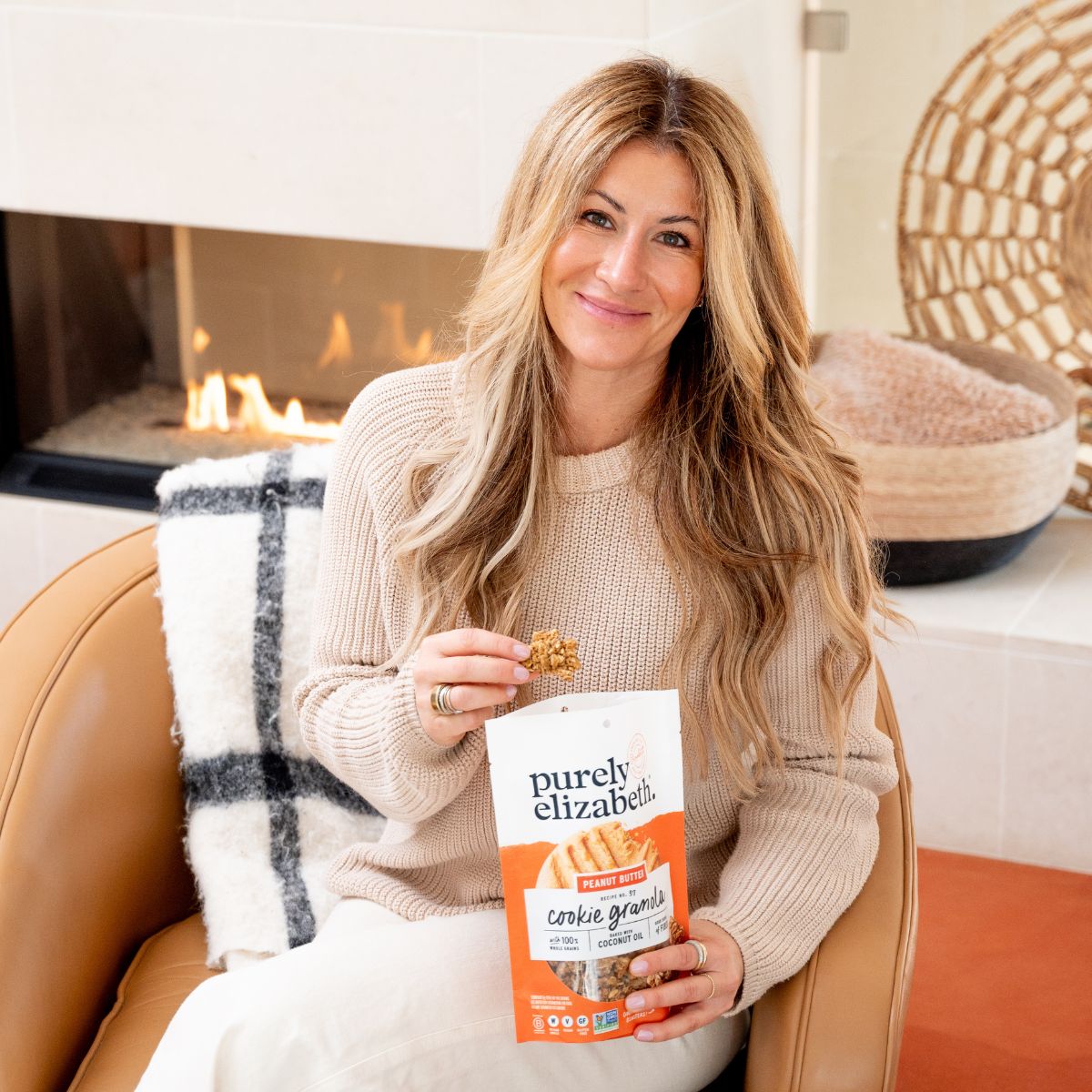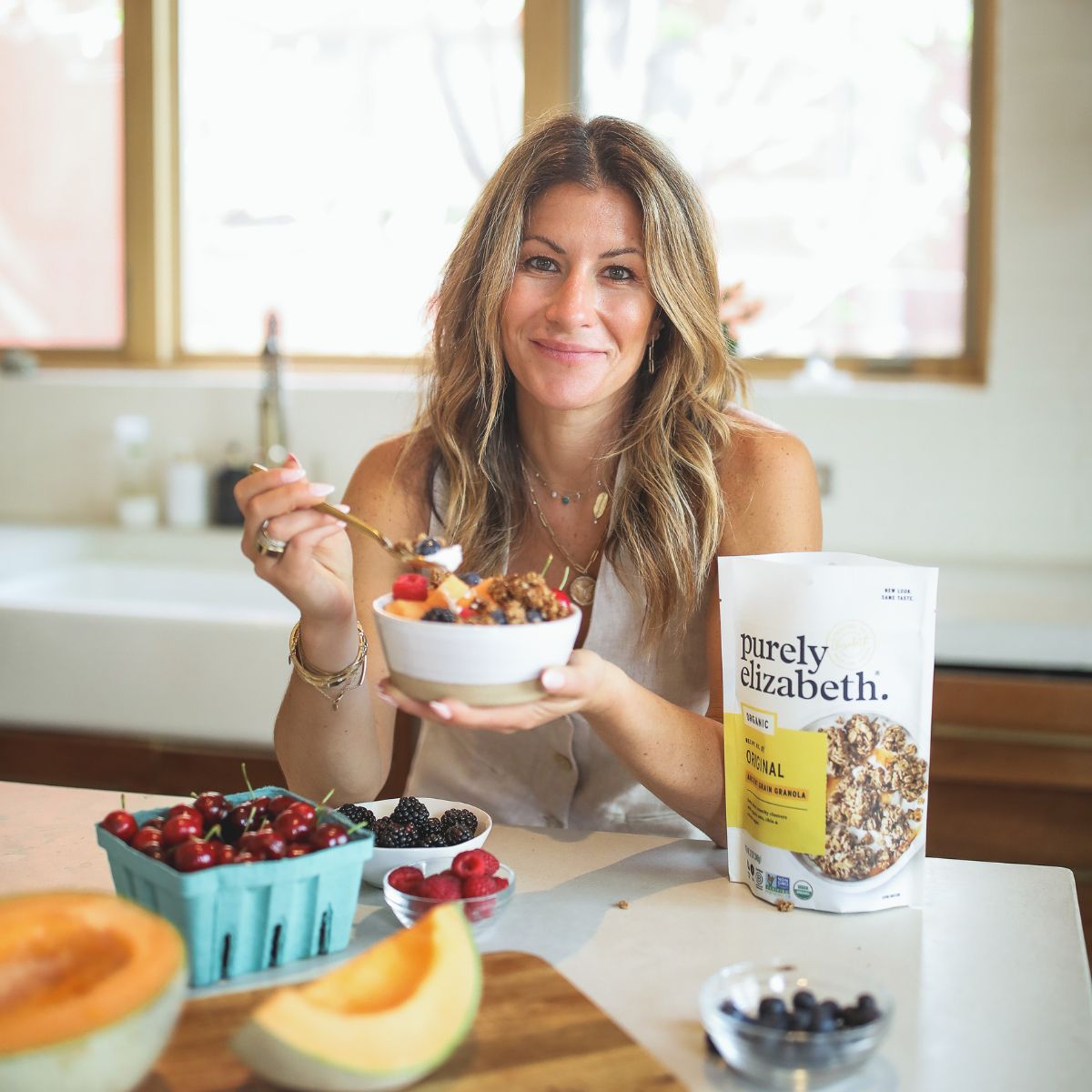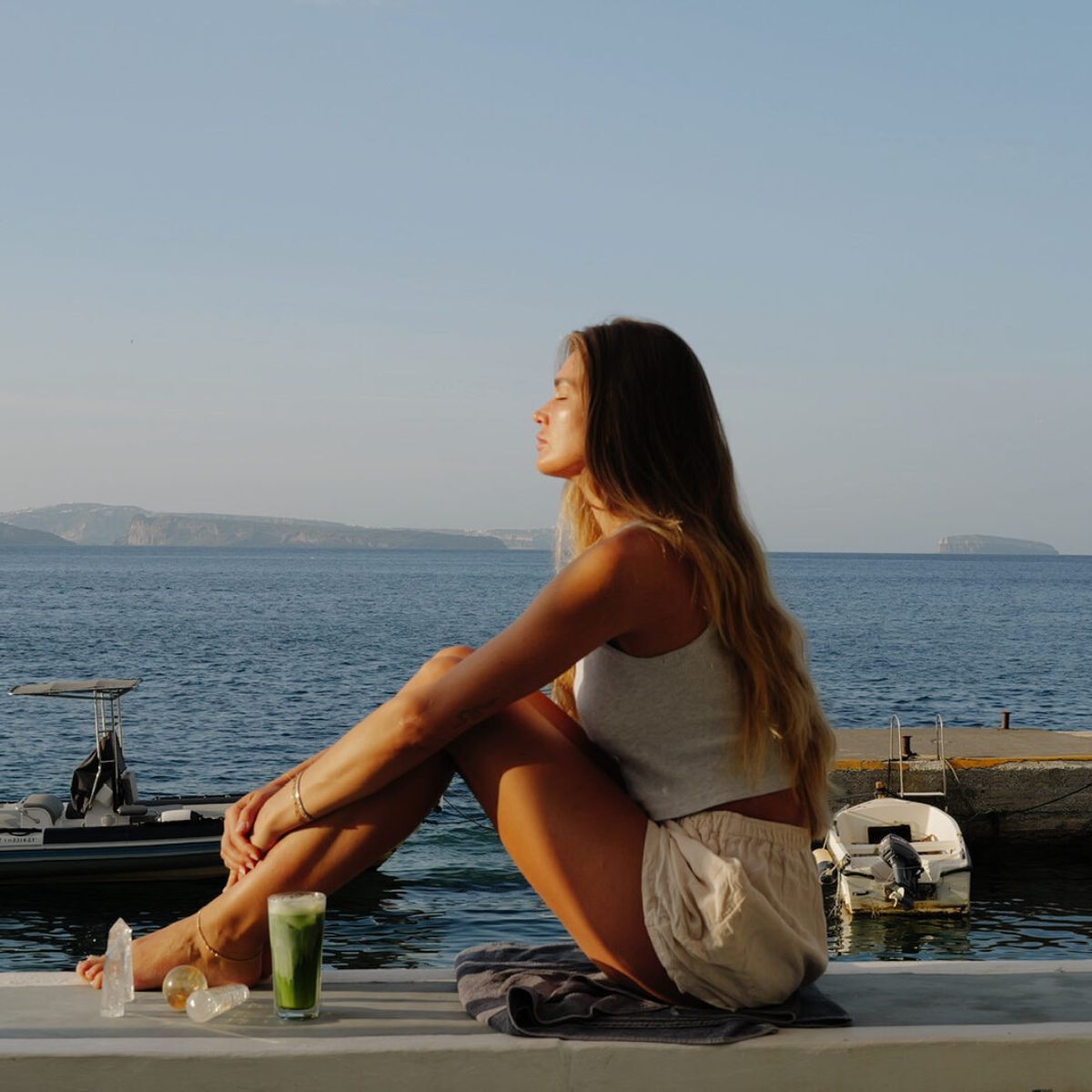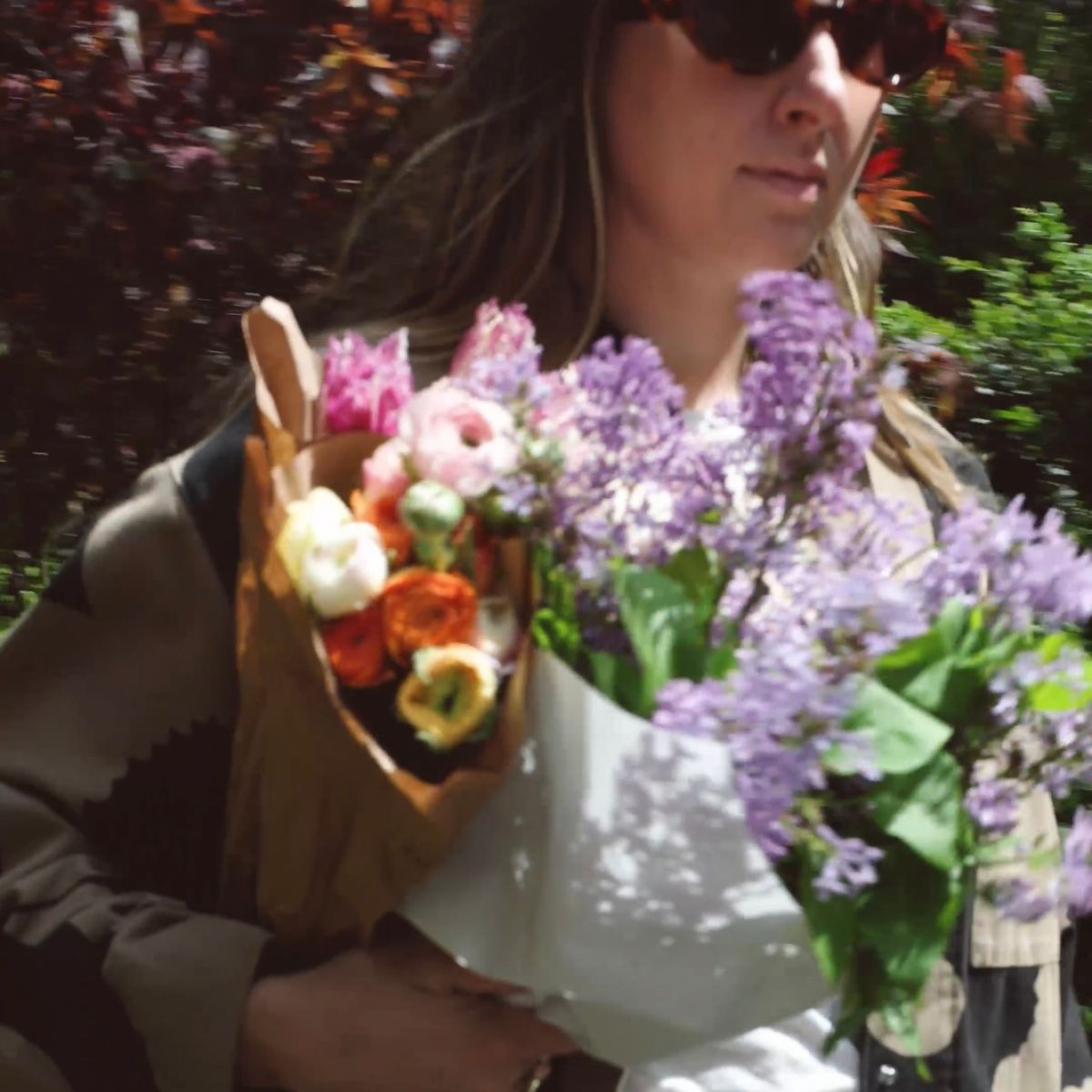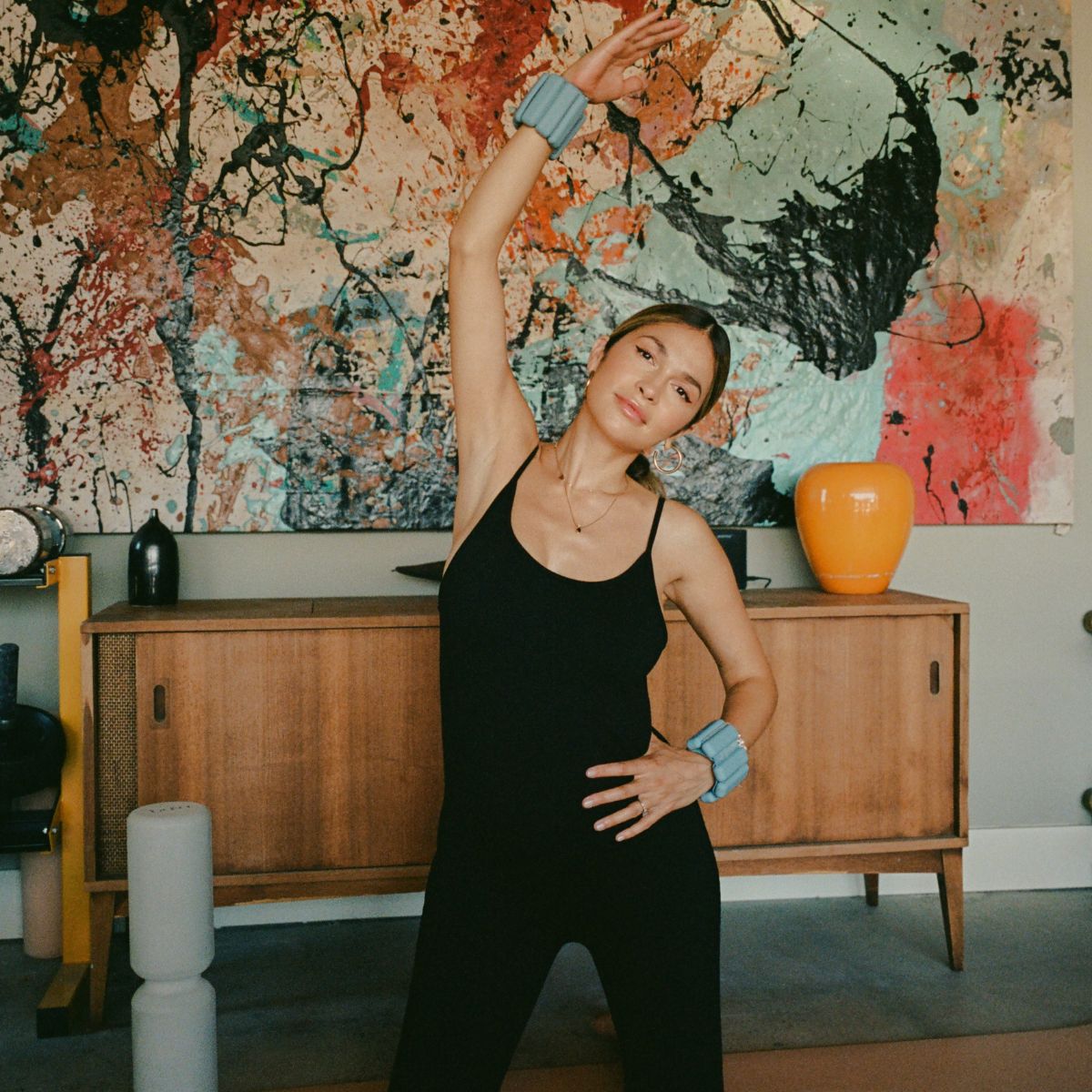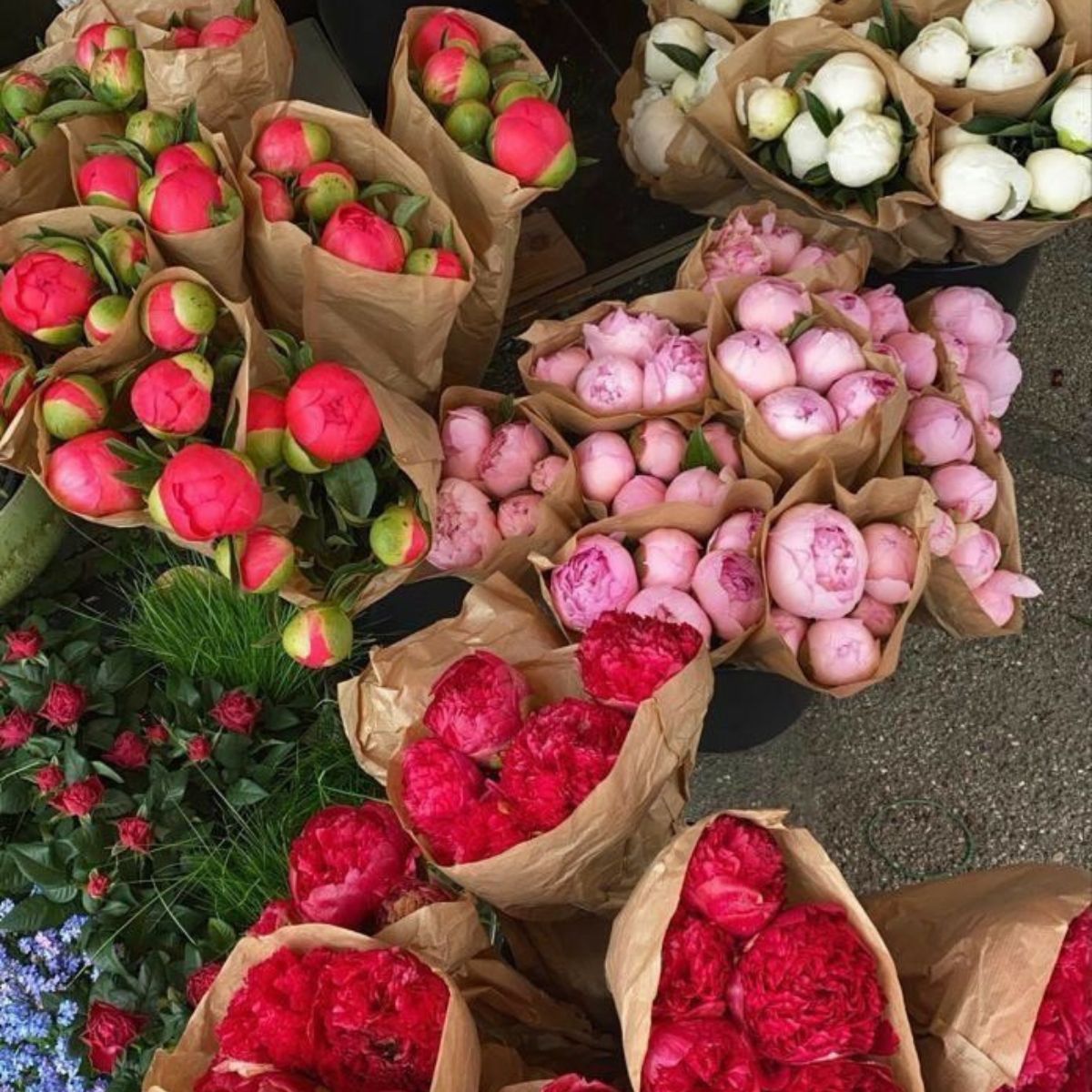It’s an illuminating conversation this week as Elizabeth welcomes Dan Buettner, National Geographic fellow, NYTimes Best Selling author, Emmy award-winning journalist and producer, and founder of Blue Zones. Recognized as a longevity expert on shows like The Oprah Winfrey Show and Good Morning America, Dan's insights have touched millions.
Dan details the captivating world of Blue Zones and uncover the secrets of longevity's common threads. He shares an exclusive look into his newly released book, "The Blue Zones Secrets for Living Longer: Lessons from the Healthiest Places on Earth," and talks about what to expect from his latest Netflix series. Dan and Elizabeth talk about the pivotal role our environments play in our well-being and some actionable steps to add years to your life. Dan shares his own wellness habits to keep him energized and his best, along with allowing space and time to enjoy your food and a night out with friends.






